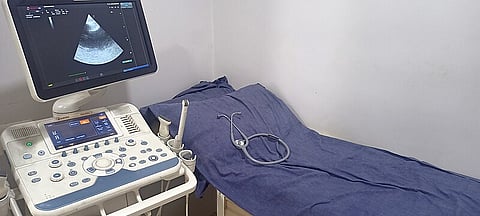

We all known that depression, mental health and heart diseases are interrelated. But in reality, a broken heart can lead to cardiac issues as well. Broken heart syndrome or stress cardiomyopathy or takotsubo syndrome is a life-threatening condition whose symptoms and signs mimic a heart attack. In this condition, the lower chamber of the heart, also called as left ventricle, dilates and enlarges, and makes it pump poorly.
Though this condition has been known for decades, according to recent research there has been a sharp increase in incidence mainly in women at or above 50. The condition arises due to a sudden surge in stress hormones – mainly epinephrine – in settings of emotional or physical stress, like the death of a loved one, physical separation, or breakup.
Symptoms and signs of broken heart syndrome include sudden shortness of breath and chest pain, mimicking a heart attack. These symptoms may happen with no history of risk factors or heart disease. Rare cases may include abnormal heart beat (arrhythmia) or low blood pressure (shock) which may be fatal. Though it closely mimics a heart attack, the onset of symptoms may be a clue to distinguish it from the same. Apart from that, blood tests (NTPROBNP and troponin), 2D-echocardiogram and normal arteries with no blockage on angiogram may provide clue to the same.
Though it can lead to severe and short-term heart failure, the condition is usually treatable. Full recovery may happen within days to weeks, compared to the prolonged recovery of a heart attack. Frequent follow up echocardiograms may be advised by your health care expert, along with visits.
(The writer is a consultant cardiologist at Manipal Hospital, Sarjapur Road)